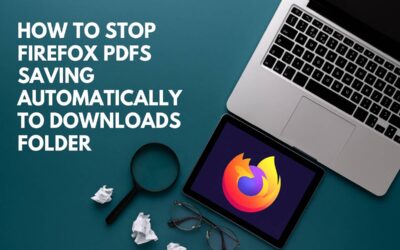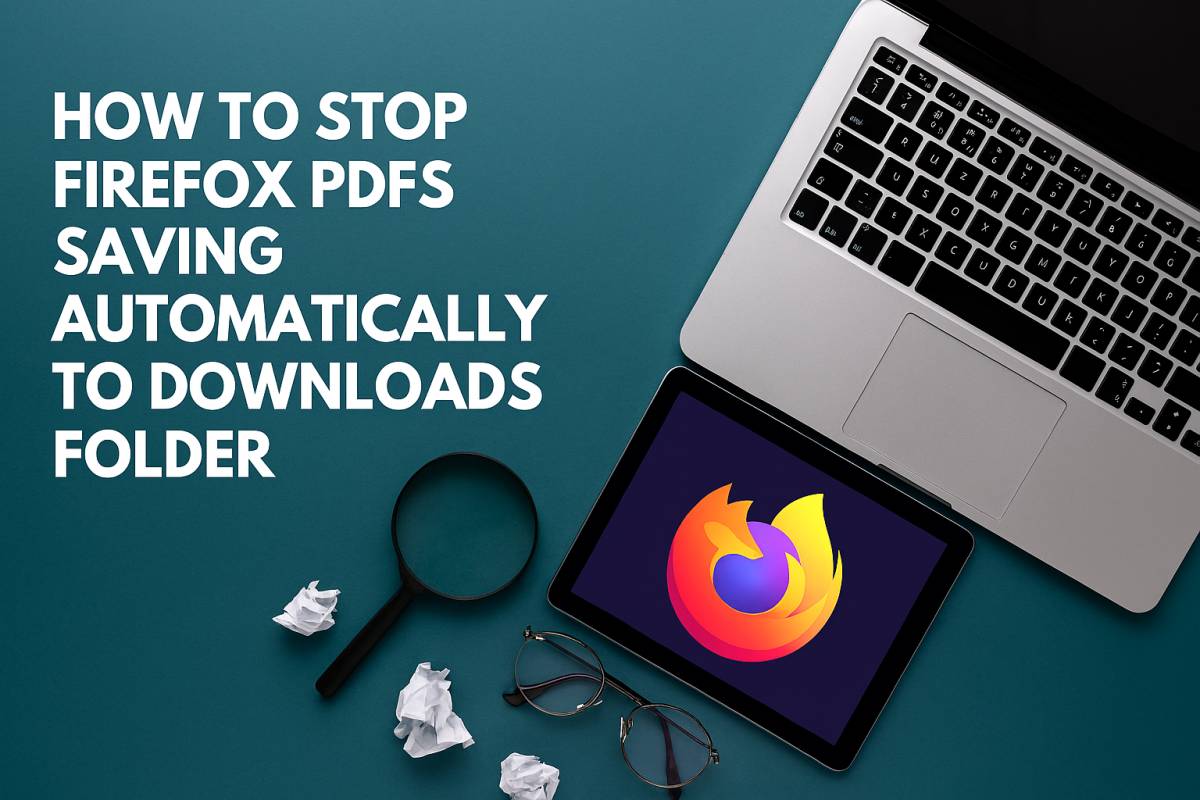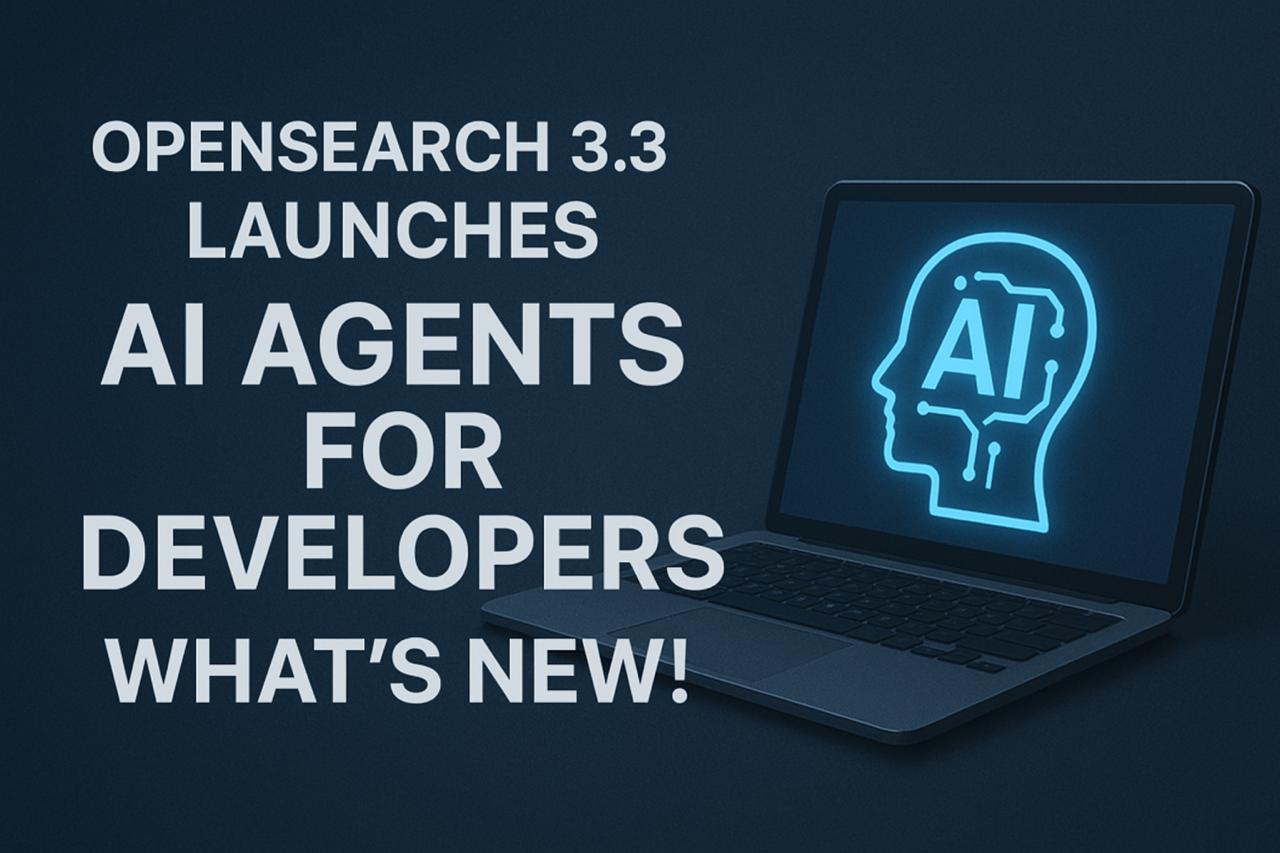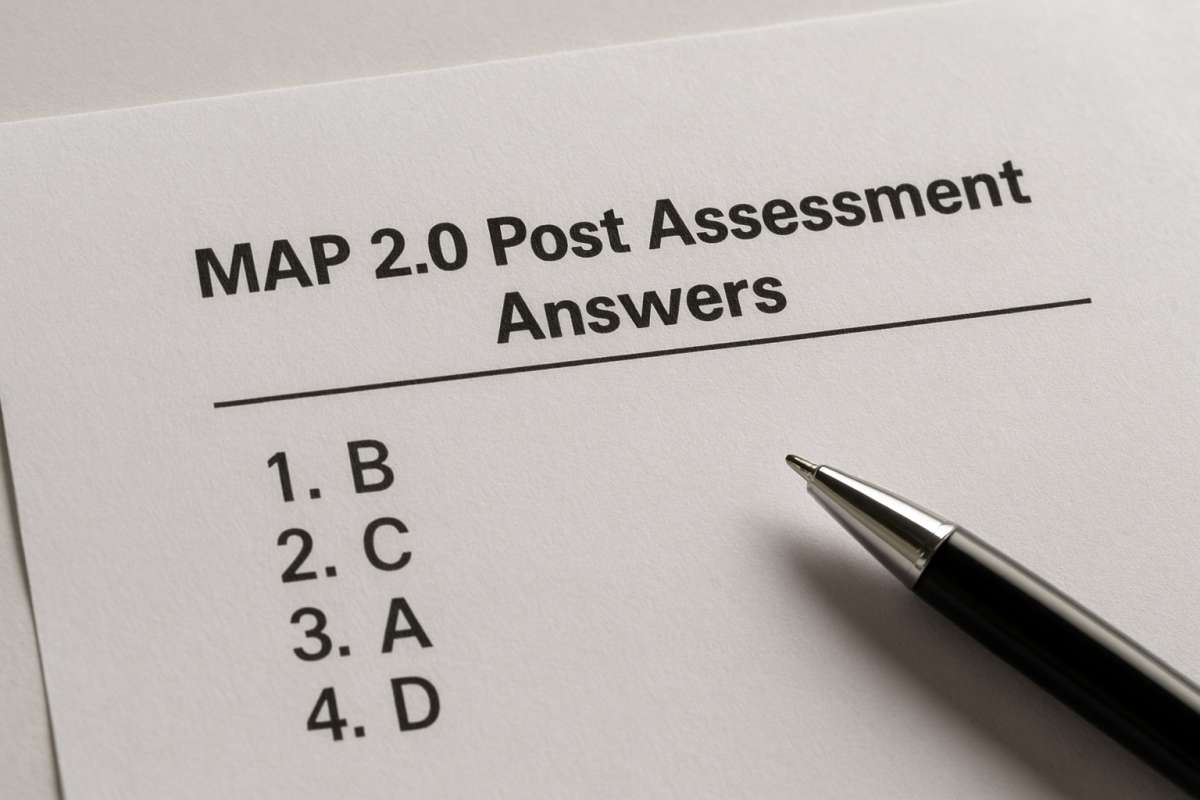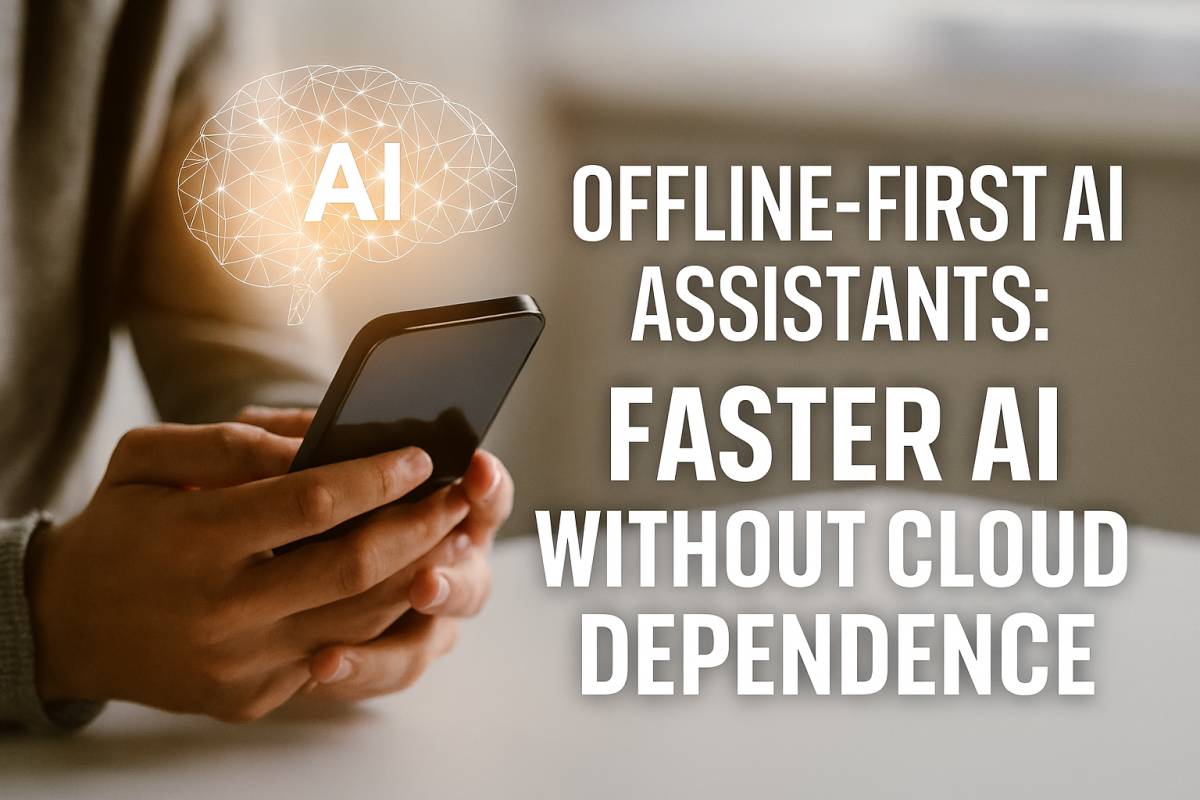7 Best Frameworks to Boost Your AI-Powered Website Design
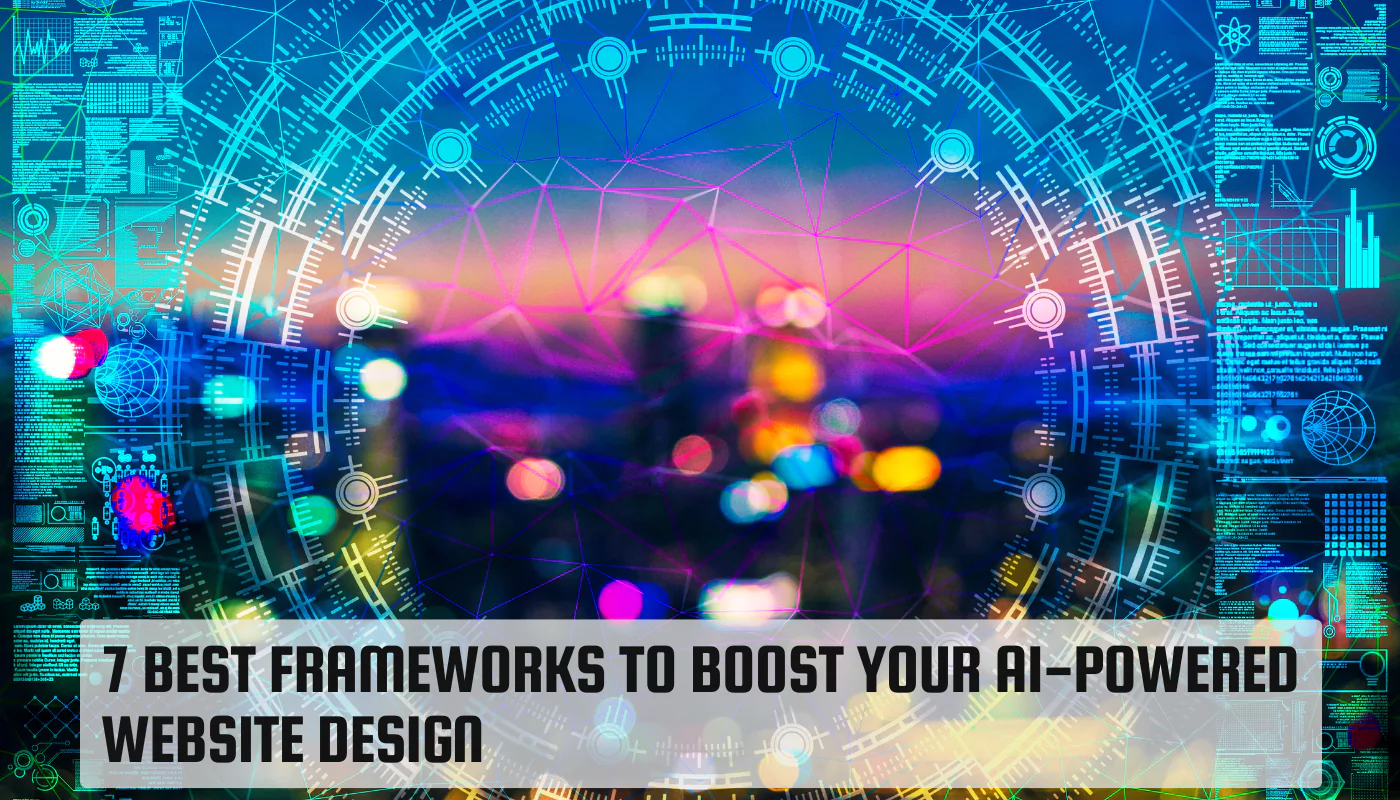
Creating an AI-powered website can seem daunting. However, the right framework can significantly simplify the process. These frameworks provide pre-built components, libraries, and tools that accelerate development and enhance user experience.
- TensorFlow.js: This JavaScript library allows you to run machine learning models directly in the browser. This enables real-time, on-device AI capabilities like image recognition, natural language processing, and more. TensorFlow.js is ideal for interactive web applications that leverage AI for personalized experiences.
- React: A popular JavaScript library for building user interfaces, React provides a component-based architecture that makes it easy to create complex and dynamic web applications. When combined with AI libraries like TensorFlow.js, React allows you to seamlessly integrate AI features into your website’s front-end.
- Vue.js: Another powerful JavaScript framework for building user interfaces, Vue.js is known for its simplicity and flexibility. Its component-based structure and virtual DOM make it efficient for developing interactive and data-driven web applications that incorporate AI functionalities.
- Django: This high-level Python framework is designed for rapid web development. Django provides a robust set of features, including an object-relational mapper (ORM) and an integrated development environment (IDE), that streamline the development process. With its support for various AI libraries, Django is well-suited for building complex AI-powered web applications.
- Flask: A lightweight and flexible Python microframework, Flask offers greater control and customization compared to larger frameworks like Django. This makes it ideal for smaller projects or when you need to integrate specific AI libraries with greater flexibility.
- Node.js: This JavaScript runtime environment allows you to execute JavaScript code outside of a web browser. Node.js is particularly useful for building real-time applications and server-side logic. Combined with AI libraries and frameworks, Node.js can power high-performance AI-powered websites.
- FastAPI: A modern, high-performance Python framework for building APIs, FastAPI leverages type hints and automatic interactive documentation to accelerate development and improve code readability. Its support for asynchronous programming and efficient data handling makes it a strong choice for building scalable AI-powered web services.
Choosing the Right Framework
The best framework for your project depends on various factors, including:
- Project complexity: For complex applications, consider frameworks like Django or TensorFlow.js. For simpler projects, Flask or FastAPI might be more suitable.
- Team expertise: Choose a framework that aligns with your team’s skills and experience.
- Project requirements: Consider the specific AI features you need to implement and the performance requirements of your application.
By carefully evaluating these factors and leveraging the power of these frameworks, you can effectively build innovative and user-centric AI-powered websites.
Additional Considerations
- Cloud platforms: Consider utilizing cloud platforms like Google Cloud, AWS, or Azure, which offer pre-trained AI models, APIs, and infrastructure to support your AI-powered website.
- Data privacy and security: Implement robust data privacy and security measures to protect user data and comply with relevant regulations.
- User experience: Prioritize user experience by designing intuitive and user-friendly interfaces that seamlessly integrate AI functionalities.
By carefully considering these factors and leveraging the power of the right frameworks, you can effectively build innovative and user-centric AI-powered websites that deliver exceptional user experiences.
Conclusion
The frameworks discussed in this article provide a solid foundation for building AI-powered websites. By selecting the appropriate framework and combining it with careful planning and execution, you can create compelling and engaging online experiences that leverage the power of artificial intelligence.
I hope this article provides valuable insights into the best frameworks for building AI-powered websites.




